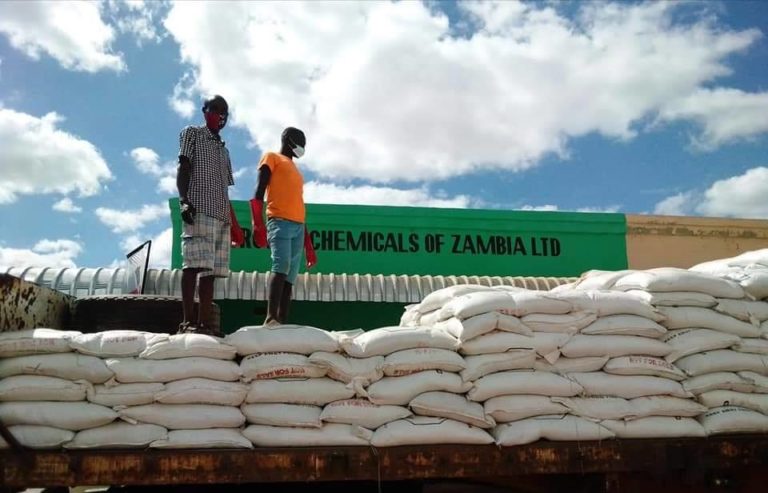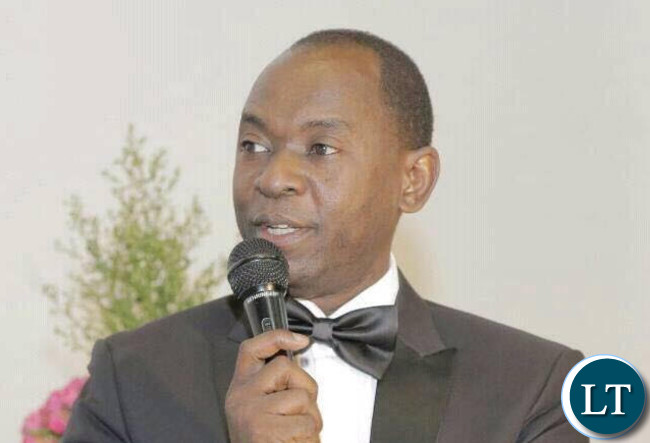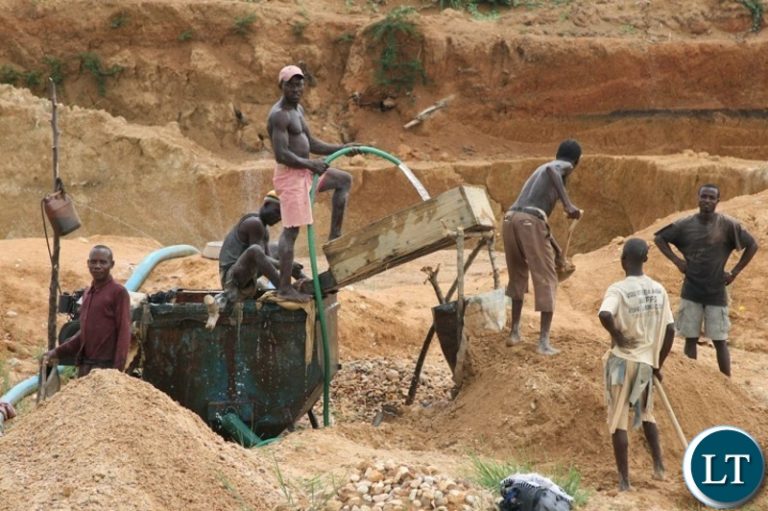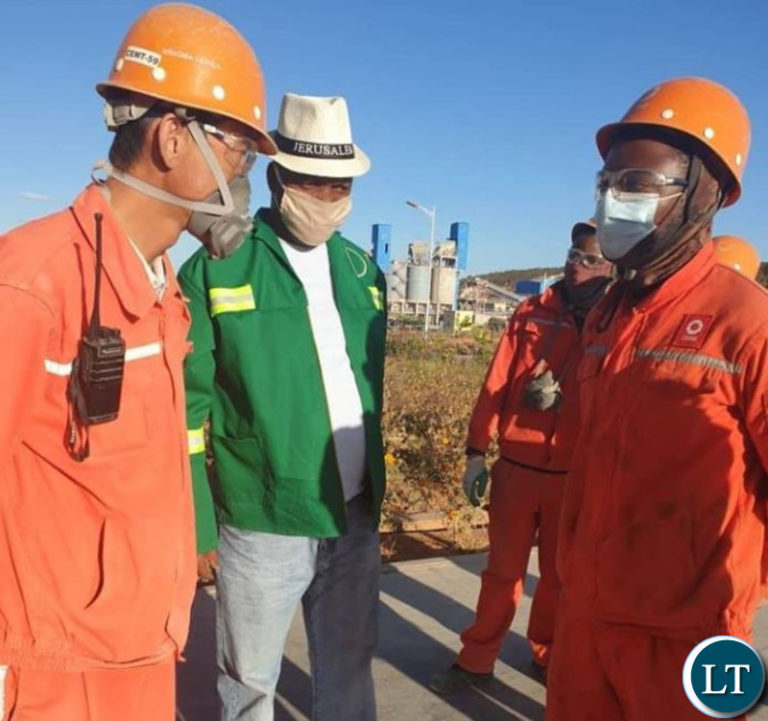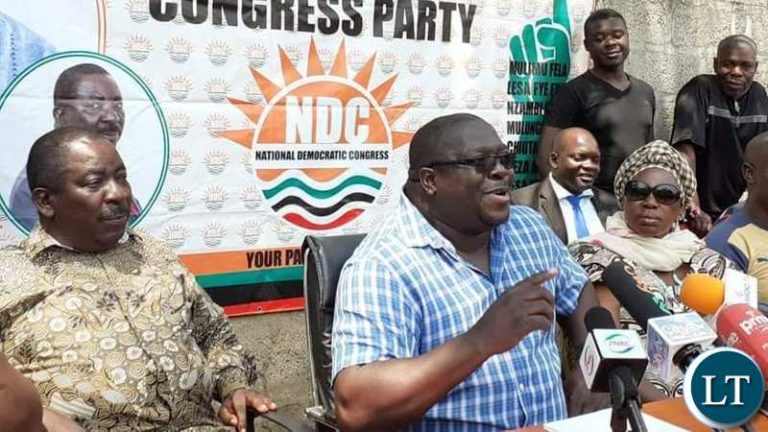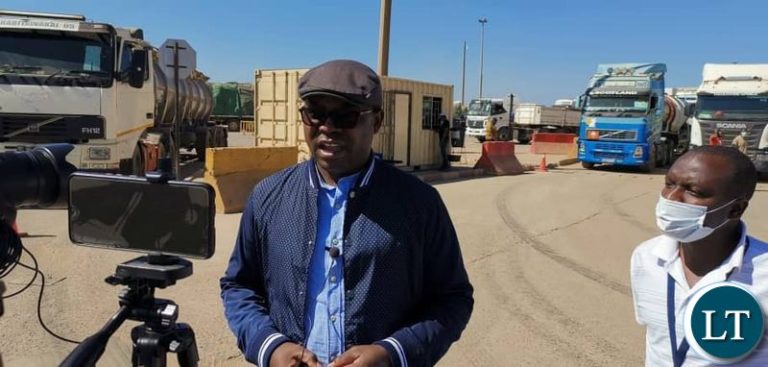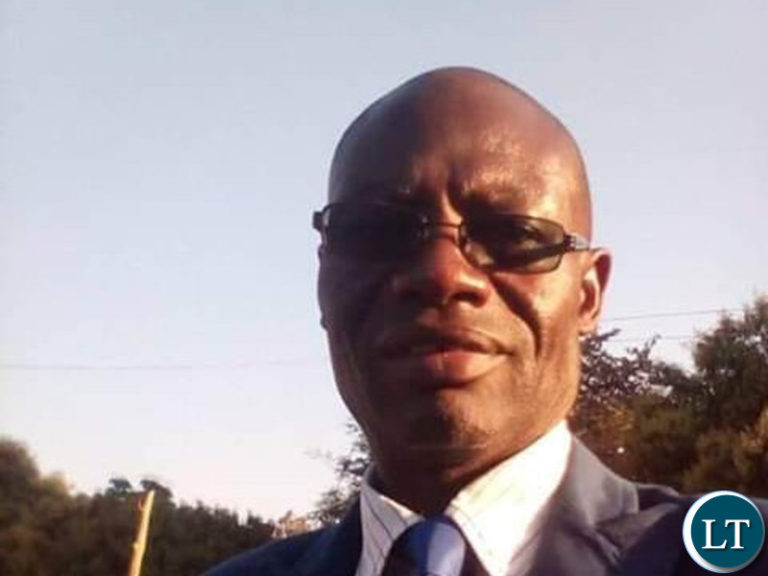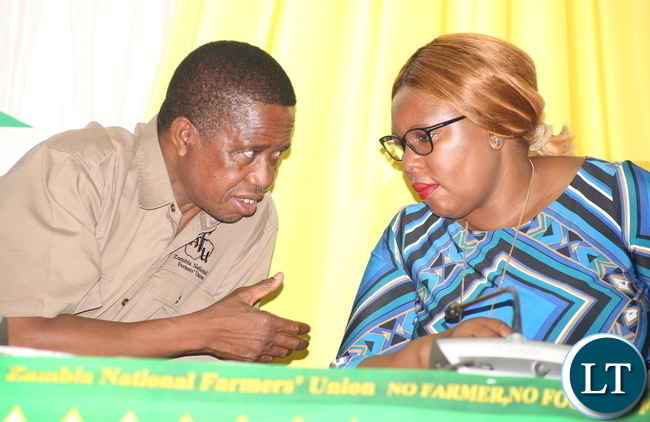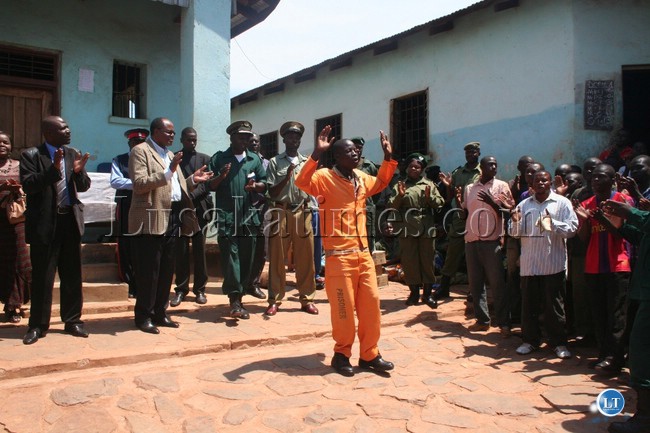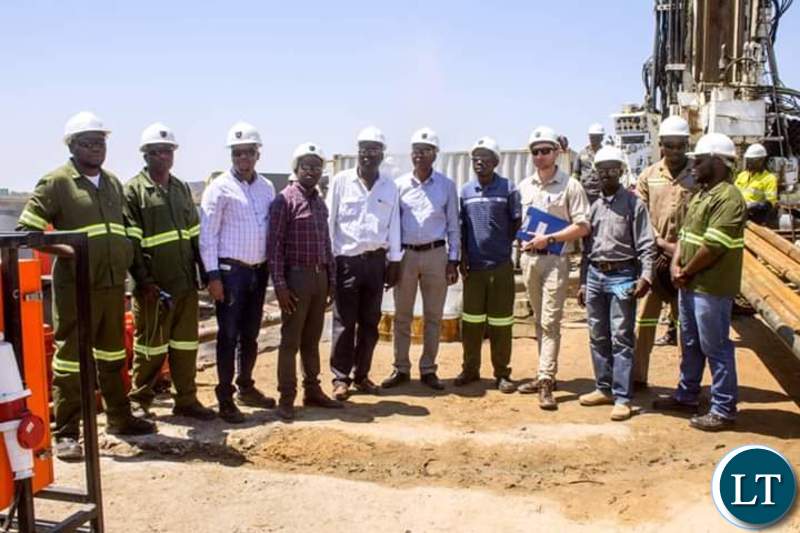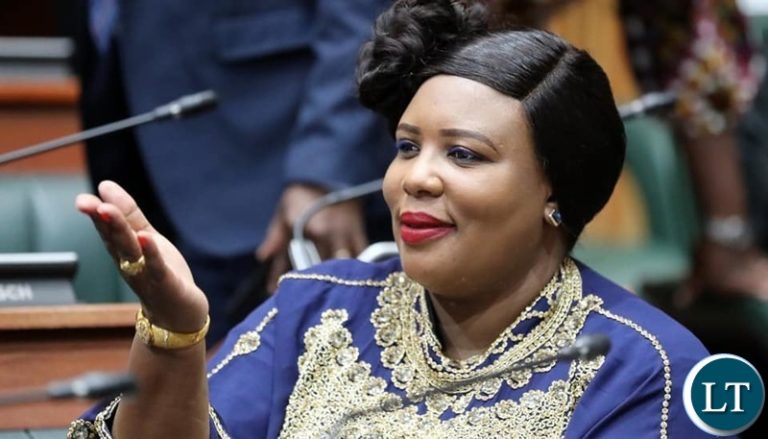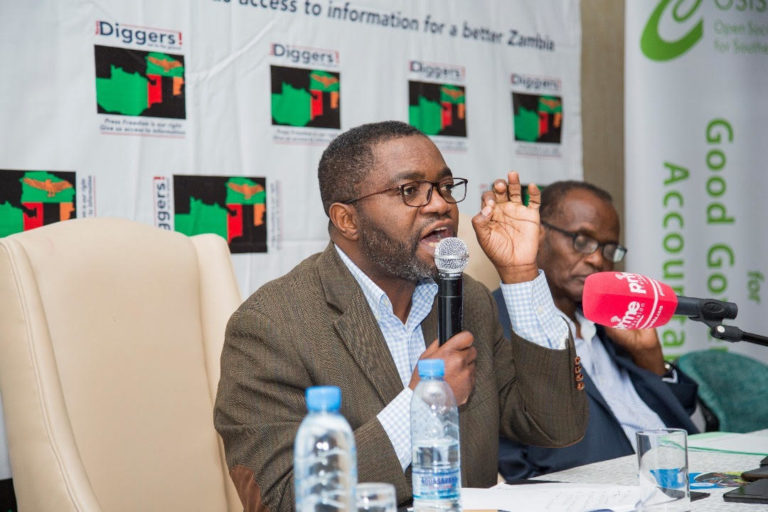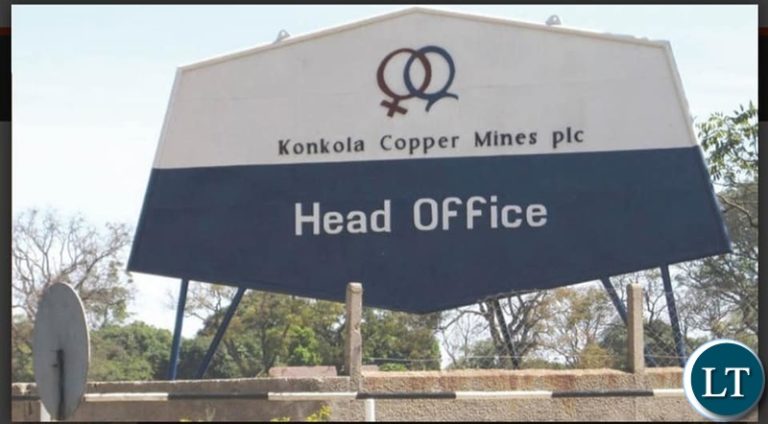Constitutional Lawyers says he maintains that the six Constitutional Court Judges are not qualified to hold the positions they do.
In a press statement, published in News diggers newspaper, Sangwa said he has enormous respect for the judges.
“I have accepted the appointment of constitutional court judges and respect their authority,” he declared.
Mr Sangwa also dismissed assertions that he is an expert in constitutional matters.
“I have never claimed expertise in constitutional matters..I am just a keen follower of constitutional development in Zambia,” he said.
Below is Mr. Sangwa’s full statement
STATEMENT BY JOHN SANGWA S.C.
On 10th March 2020, a story was published in the Diggers Newspaper titled “Lungu Dribbled Citizens – Sangwa by appointing unqualified ConCourt Judges”. The story generated debate on the competence and qualifications of Judges of the Constitutional Court. Since then a number of other stories, mostly false, linked to me have been published in some newspapers and other media. I have never had, and I do not have presence on any social media platform, yet a number of Facebook pages, and recently Twitter accounts, have been created in my name which publish and republish false statements.
I recognise and regret the fact that some statements attributed to me in the publication of 10th March 2020, and in other stories, have caused considerable embarrassment and distress to the Judges of the Constitutional Court.
Admittedly, I have interacted with the reporters from the Diggers Newspapers, mostly when they have sought my explanation on certain constitutional issues. I have also, at times, shared my views on the implications of certain constitutional issues and developments. The most recent and possibly very important contact was in the context of the debate on the Constitution of Zambia (Amendment) Bill No. 10 of 2019. I collaborated with them to inform the country why, in my opinion, it was vital to ensure that the Bill did not become law and most crucially why the Constitution, as it stands today, must be protected at all cost.
Whilst I do not have and I have never had control or a say over the editorial content of the Diggers Newspaper I do, however, have a duty both legal and moral to clarify and provide context to some of the statements attributed to me, for the benefit of the Judges of the Constitutional Court and Zambians committed to constitutional rule.
I have never claimed expertise in constitutional matters, but I have been a keen follower of constitutional developments in Zambia for more than thirty years. I was, therefore, elated on 5th January 2016, when President Lungu signed the Constitution (Amendment) Bill into law.
I never thought there would be a day, in my lifetime, when a sitting President would reduce his own powers and grant the Judiciary, the National Assembly and the people oversight over the office of President. Most notably, see a Constitution that would vest the right in and impose the duty on every citizen to protect and defend the Constitution.
The Constitution, as amended, was immediately tested when it was time to appoint Judges of the Constitutional Court. I was interested in how all those involved in this process would live true to the ideals contained in the Constitution, since it “binds all persons in Zambia, State Organs and State institutions.”
When the names of the six nominees to the Constitutional Court were announced, in line with my oath of office as a lawyer and right and duty as a citizen to protect and defend the Constitution, I evaluated the qualifications of each nominee based on the documents submitted in support of their respective nominations against the relevant provisions of the Constitution.
It was my opinion that none of the nominees qualified for appointment to the office of Judge of the Constitutional Court. I detailed the basis of my conclusion in a brief attached to my letter to the President dated 13th March 2016, which was copied to the Chief Justice, the nominees, the Chairman of the Judicial Service Commission, the Speaker of the National Assembly, and the Law Association of Zambia.
What is contained in the brief is and remains my opinion, given as part of the vetting process of the Judges of the Constitutional Court. My opinion was not accepted. The President did not rescind the nominations, the nominees did not withdraw their names for consideration for appointment to the Constitutional Court, the National Assembly confirmed the nominations and the nominees subsequently took the oath of office.
The process was completed and the Judges have been exercising the powers vested in the Constitutional Court by hearing and deciding cases. I have accepted the outcome of the constitutional process. Defending and protecting the Constitution is not just about ensuring that it is not violated. It is also about respecting the processes established by the Constitution and accepting the outcome.
I have accepted the appointment of the Judges of the Constitutional Court and recognise and respect their authority. Consequently, since the Constitutional Court was constituted, I have, most likely, filed and argued more cases before that Court than any other lawyer in Zambia.


